The Digital Transformation of Patients – Update from Rock Health and Stanford
Health Populi
MARCH 2, 2021
But another patient side-effect of COVID-19 has been the digital transformation of many patients , documented by data gathered by Rock Health and Stanford Center for Digital Health and analyzed in their latest report explaining how the public health crisis accelerated digital health “beyond its years,” noted in the title of the report.

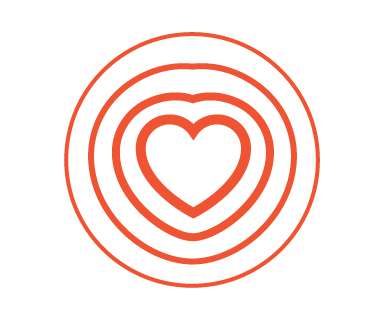

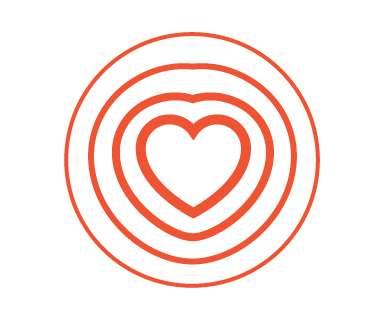

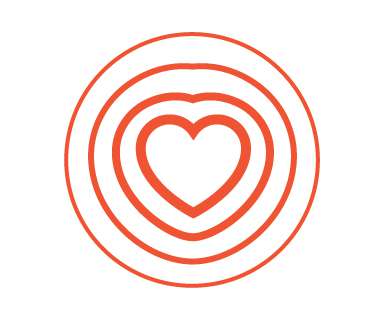
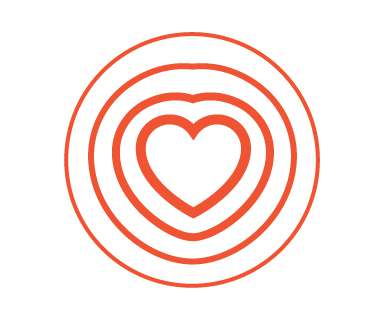
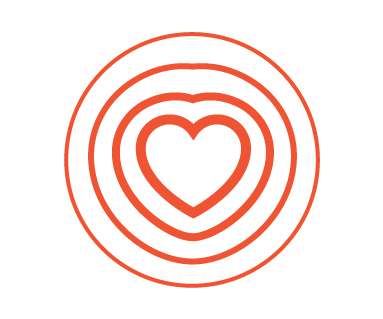
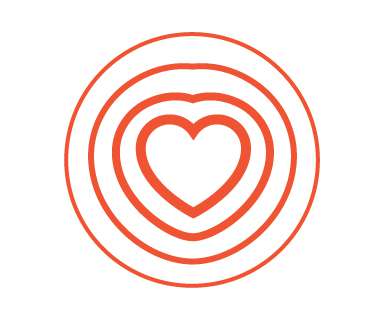



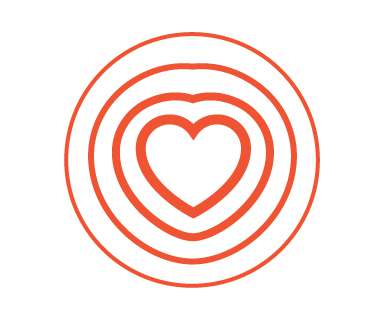

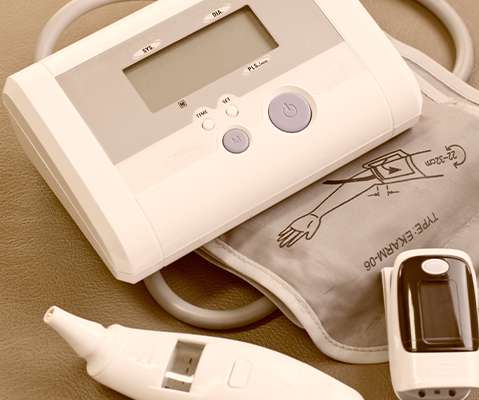










Let's personalize your content